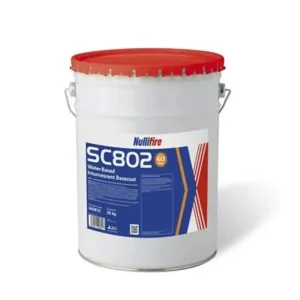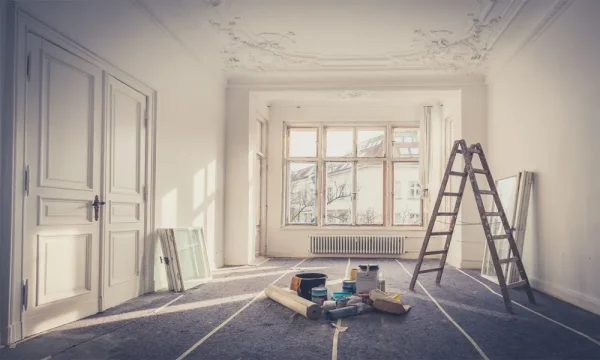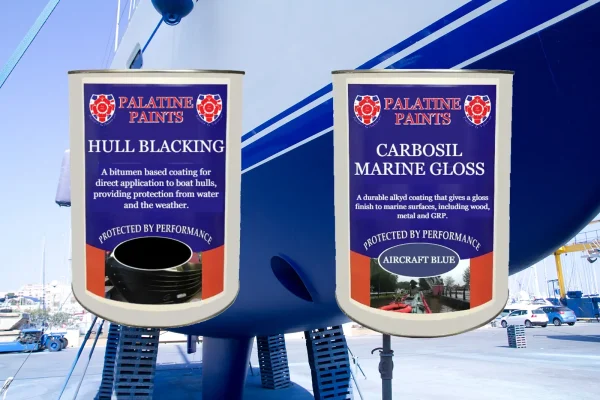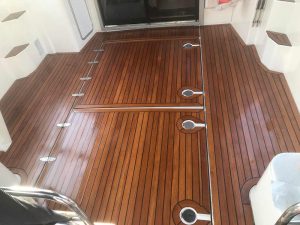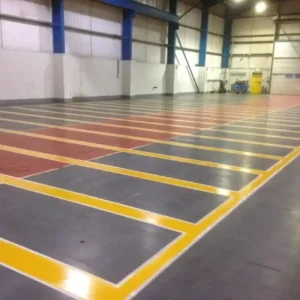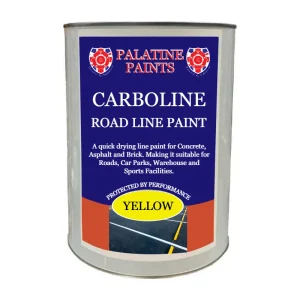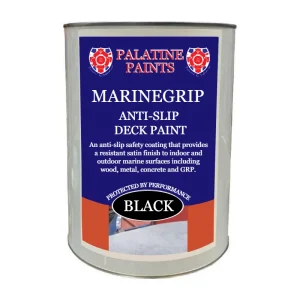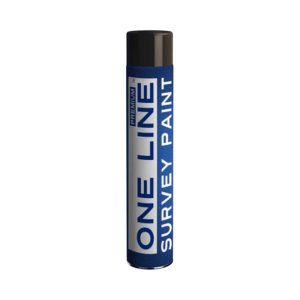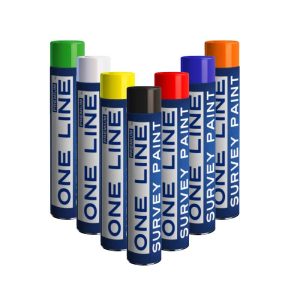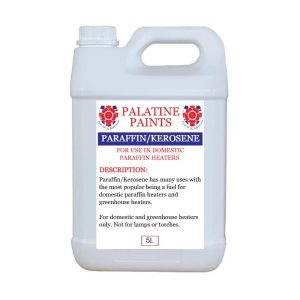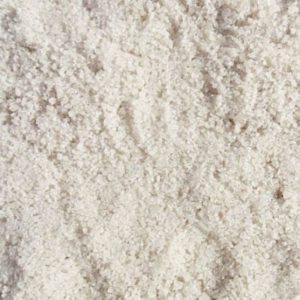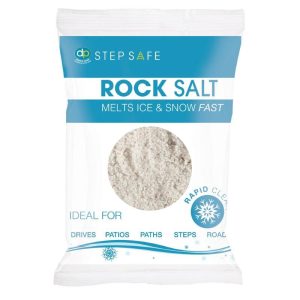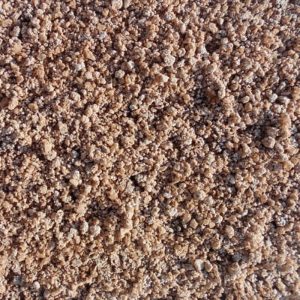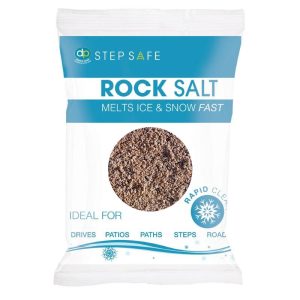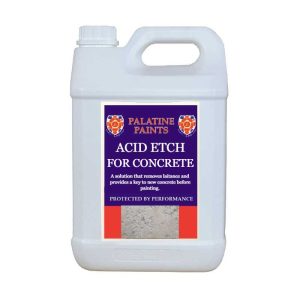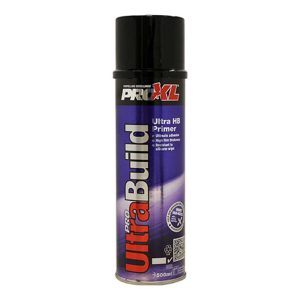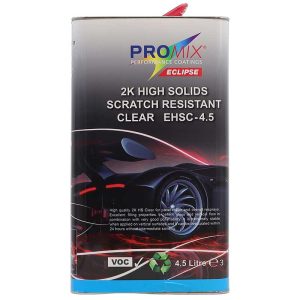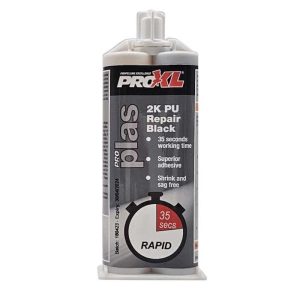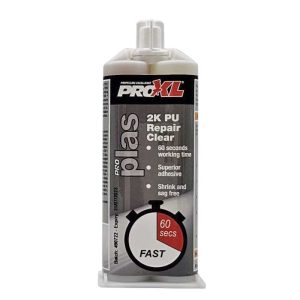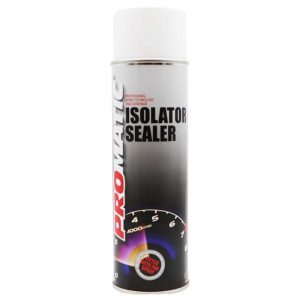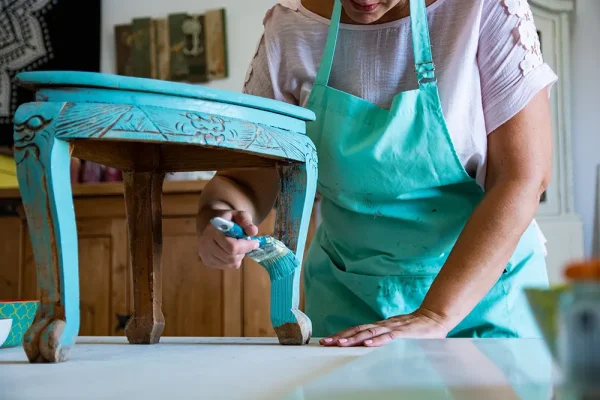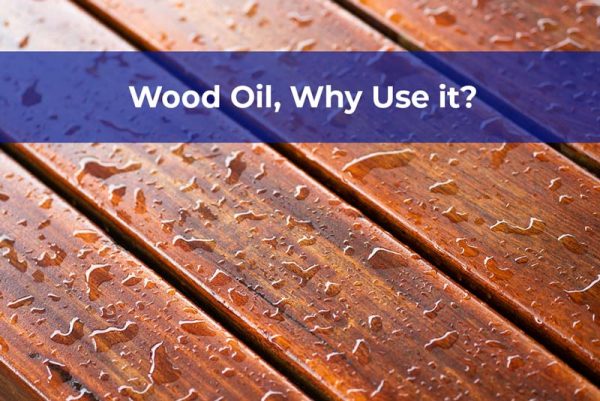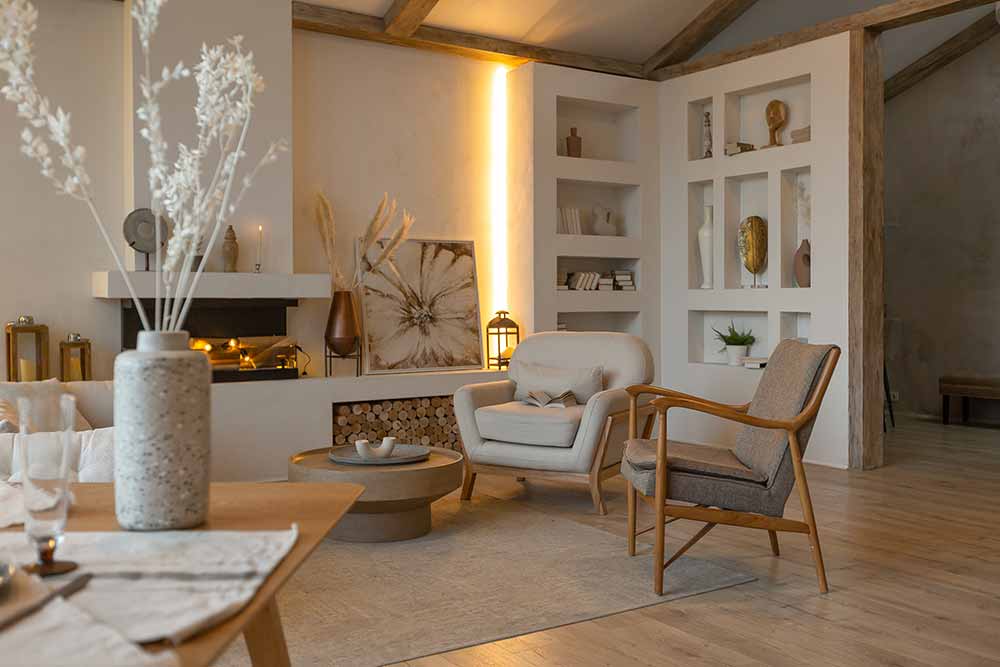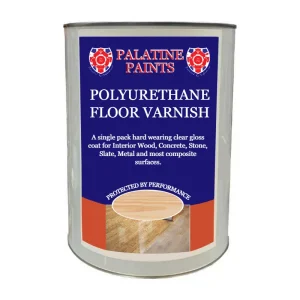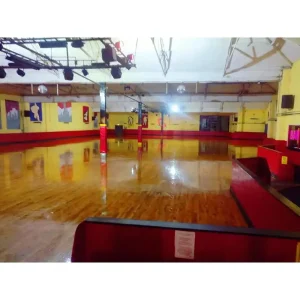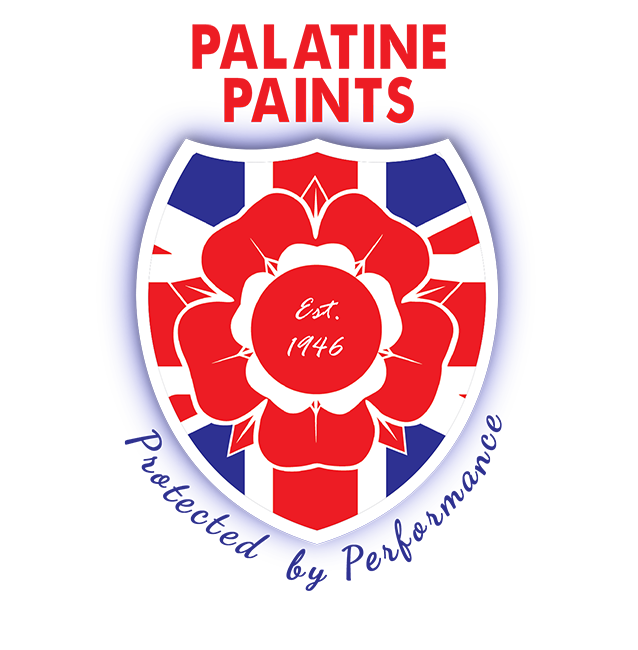Create a stylish, cosy home this winter using paint to transform interior wood or metal.
We don’t have a phrase for what the Danish call “Hygge” here in the UK, but the concept is associated with warmth, comfort and ‘good cheer’. The Germans have a similar phrase “Gemütlichkeit” and we see no reason why we shouldn’t adopt this practice here. In order to help you create this feeling in your home without breaking the bank, here are our tips. So get ready for the chilly weather…
Quickly revamp wooden surfaces
Wood has a naturally warm colour and looks fabulous coordinated with rugs, if you’re happy with your wood floor therefore, just give it a good sanding down and a couple of coats of varnish.
This is the kind of task you can even carry out in just a weekend! We suggest polyurethane floor varnish because it’s hard wearing and flexible. Additionally our floor varnish comes with an anti-slip option, which even though it’s not great for sock sliding fun, will nevertheless keep little ones and pets safe.
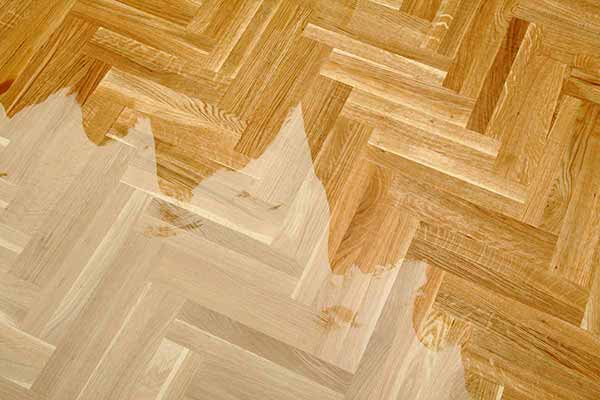
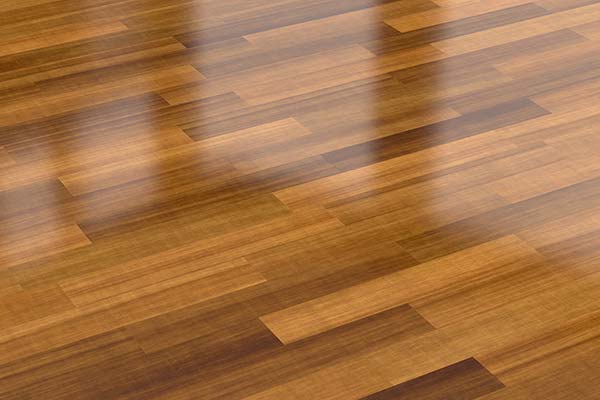
For enhancing wood on stairs, bannister rails, spindles, wooden cupboards, worktops, cupboards and more, take wood back to its natural state and use oil to display its full glory. Danish Oil, for example, is ideal for this purpose, being really easy to apply and great for restoring the nature lustre of wood. Our previous blogs can help with information on Varnishing floors and Choosing Wood Oil
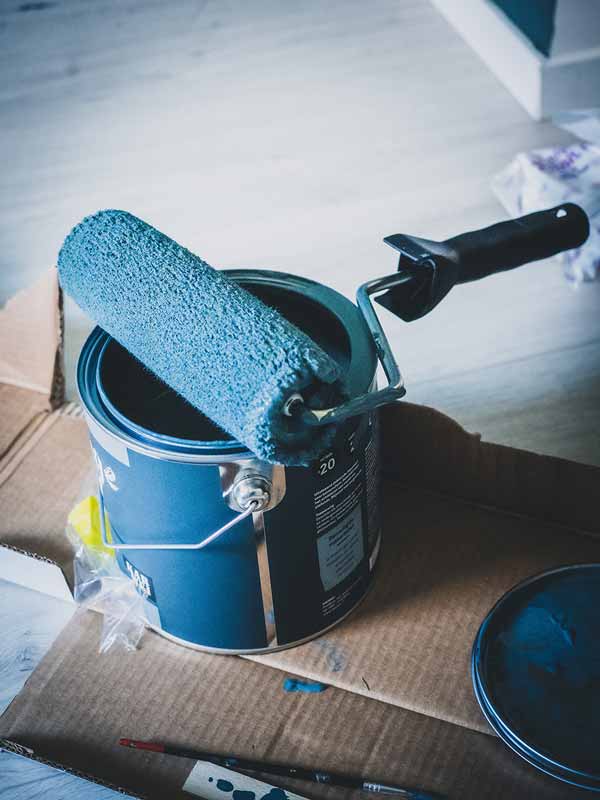
Refresh that wooden floor
Have you ever considered painting a floor? If you don’t want natural wood but still want the ease of a floor without wall to wall carpet, then consider painting it. You will open up a whole world of creative possibilities from stencilled designs, to bold colours or subtle pastels.
A polyurethane paint will act just like a varnish to protect the floor, but with an opaque colour of your choice.
Similarly, if you plan on wrapping up warm and watching the clouds or the wildlife from an outbuilding or summer house, this paint is a great option for those kind of spaces.
Need inspiration or tips? Then our we can help with our blog: Can I Paint a Floor?
Transform interior wood and metal
To completely transform cupboards, doors and window frames all you need is a coat of paint. This is where we have found a real surge in interest recently, with customers ‘making over’ interior wood and metal with stylish greys, subtle creamy shades or just with a beautiful colour they happen to like!
While white is a reliable choice for interior woodwork, you don’t always have to play it safe. Paint wood panelled walls, windows, doors, cupboards, old picture frames and skirting boards with colour to either blend in or stand out.
Satin is very much in vogue as the preferred finish for wood currently and we can see why; it reflects a some light without gleaming too much and achieves a sumptuous rich effect.
Don’t be afraid of combining different paint finishes however, warm reds, sophisticated blues, tranquil greens and classic greys in either satin or matt can look fabulous, while a bright post box red, a pretty pale blue, or jet black gloss can highlight specific wood and metal items.
We match to RAL Classic and BS381c/4800 colours on all our satin, matt and gloss finish paints from anthracite grey through to stunning shades from the entire spectrum.
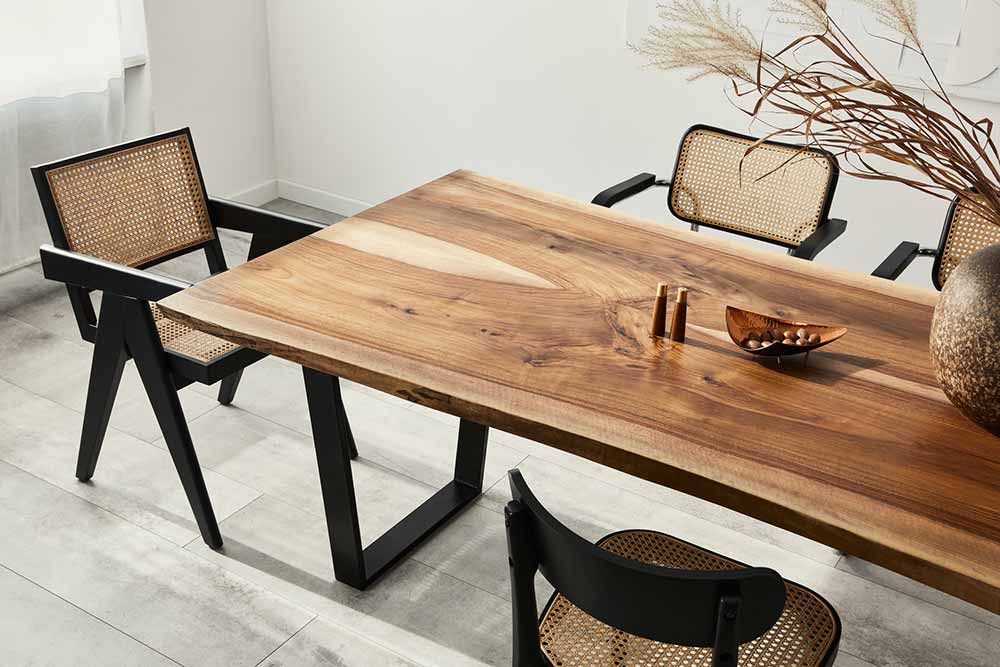
Not just for wood!
Many types and brands of paint are not suitable for application onto different surfaces. In our Palatine Professional range, however, the gloss, satin and matt finish paints are all suitable for application onto both wood or metal, and in fact many other surfaces. So, whatever you feel like painting, be it a radiator, some table legs, a filing cabinet or a ceramic pot, you can coordinate with your interior woodwork! These paints are versatile and suitable for different surfaces – some of this versatility can attributed to the fact that they are solvent based, so you will need to clean brushes appropriately. See our blog on cleaning brushes and minimising environmental impact
Tips for getting a great finish
Whatever you are painting, it’s always worth doing at least a bit of preparation (even though many of us consider this to be the boring part of the job). Clean any dust and grease from the surface, this will help any paint or primer adhere to the surface and sand/abrade if needed.
Choose the right brush or roller – some brushes and rollers don’t cope well with certain types of paint. If you are applying more than one coat, make sure that the paint fully cures between coats.
If not, you may find the top coat remains tacky, or drags when you apply it.
Keep the warmth in and the damp out
Nothing stays warm and cosy for long if it’s damp! Now is the time to take a look at those flat roofs, extensions and porch canopies etc. Check to see where water is pooling and where the surface has been compromised. Carry out simple repairs with felt adhesive paint, roofing compound or mastic, and coat with a bitumen paint. Take a look at the Weatherproofing Topics in our blog section for more information and advice.
Look after yourself
And finally “Good cheer” isn’t all about warmth and a comfortable environment – it’s about being in a good mental and physical state. So take time to wrap up warm, to get some fresh air, check up on friends and remember to practise hands-face-space precautions.
By the way, have we told you? We have thermals, sanitisers, and masks to help you with this if you need us!
For tips and inspiration on how to use primers and paints for different surface types, do have a browse through the rest of our blogs. If you’re thrilled with the results of your paint project, we’d love to see your photos; share them with us – tag us, mention us, tweet us on social media, or send them to the email in our footer.
You can contact us via the following:
Email: sales@palatinepaints.co.uk
Call Us: 01942 884 122
Contact form: https://www.palatinepaints.co.uk/contact-us
Live Chat Service: Press the small blue icon at the bottom left of your screen.

